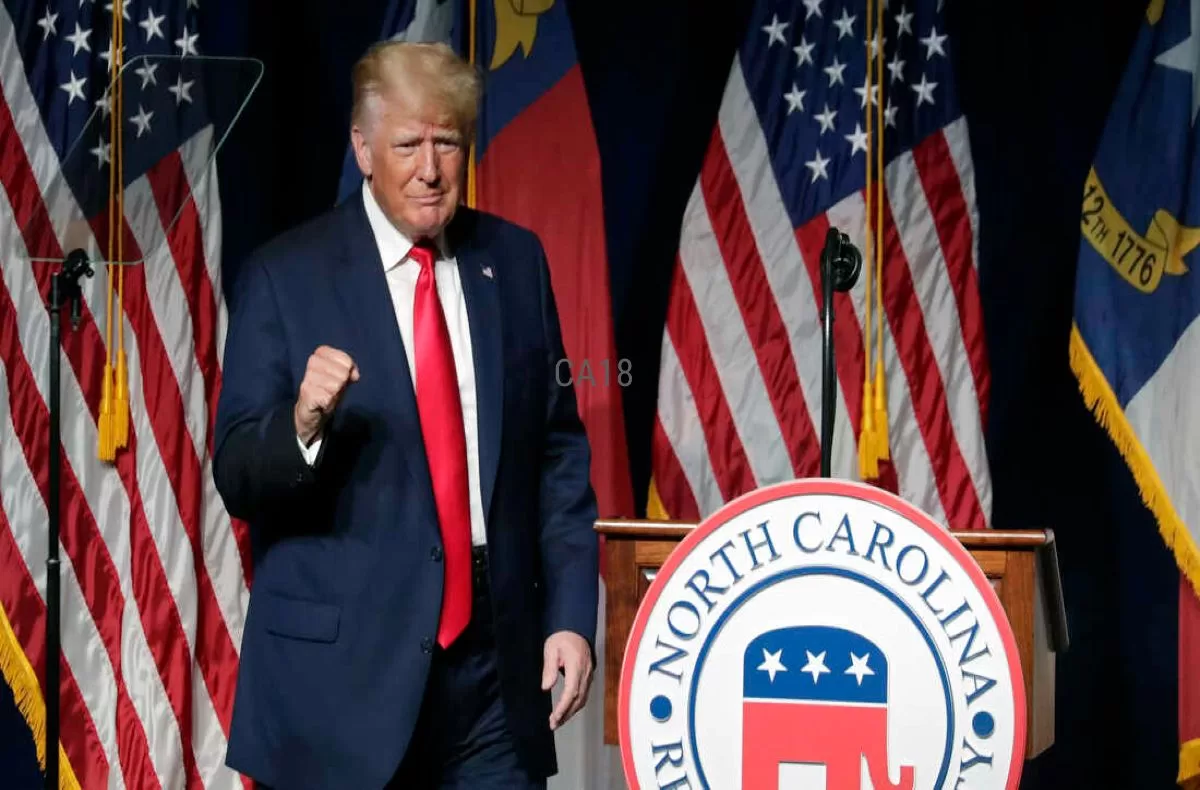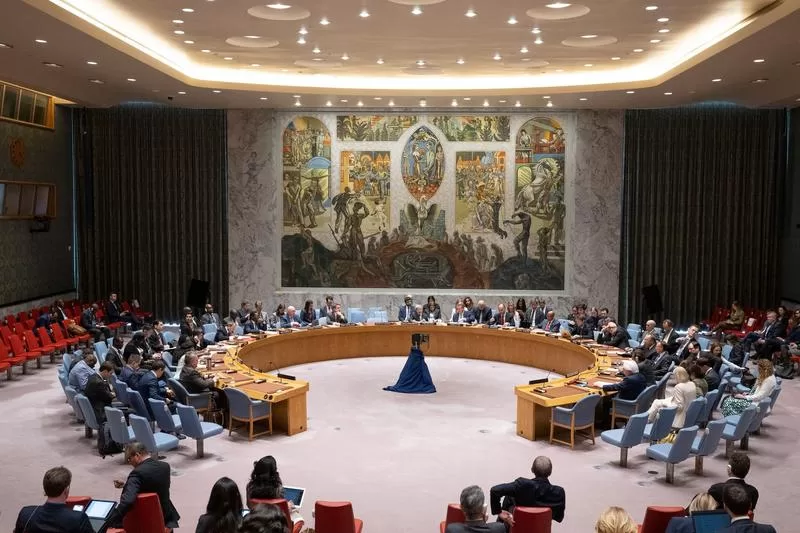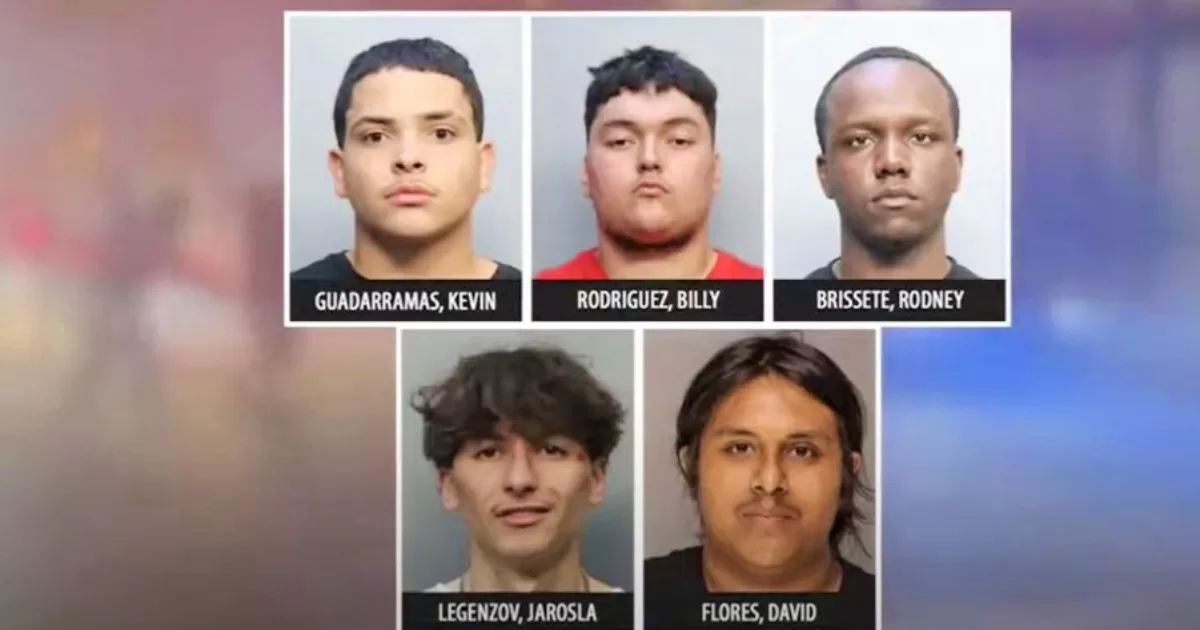A gag order is a legal order that restricts information from being made public or passed onto any unauthorized third party. Judges use gag orders in high-profile cases to set restrictions on what information can be released to the public and what certain people involved in the case can say. A gag order can also be used by an employer or other institution.
A gag order typically restricts:
- Information or comment from being made public
- Information being passed onto any unauthorized third party
- What certain people involved in the case can say
The decision from U.S. District Judge Tanya Chutkan followed a lengthy hearing in federal court in Washington, D.C., regarding a request from Smith and his team to limit what Trump can say about the case brought against him by the Justice Department.
Chutkan issued a split ruling, granting the Justice Department’s requests for restrictions on the specific statements by the former president that she said could jeopardize the trial.
“This is not about whether I like the language Mr. Trump uses. This is about language that presents a danger to the administration of justice,” the judge said. Trump posted on Truth Social that he will be appealing.
She denied Smith’s request to prohibit the president from making statements about the District of Columbia, where a trial set for March 2024 is scheduled to be held, or criticizing the Biden administration or the Justice Department. Trump has accused the special counsel of pursuing a politically motivated prosecution designed to harm his campaign against President Biden in the 2024 presidential race.
“First Amendment protections yield to the administration of justice and the protection of witnesses,” Chutkan said Monday. In a statement, a Trump spokesperson called the decision an “absolute abomination and another partisan knife stuck in the heart of our Democracy.”
“President Trump will continue to fight for our Constitution, the American people’s right to support him, and to keep our country free of the chains of weaponized and targeted law enforcement,” the spokesperson said.
During the at-times contentious court hearing on Monday where allegations of threats and political censorship abounded, attorneys and Chutkan herself grappled with the potential consequences of either taking action to limit Trump’s public statements or keeping the current conditions of his pretrial release in place.
Prosecutors asked Chutkan last month to impose what they described as a “narrowly tailored” order to prevent the former president from making “extrajudicial statements that present a serious and substantial danger of materially prejudicing this case.” Citing numerous tweets and other public statements, the special counsel argued that Trump has an “established practice” of targeting those who challenge him, which they said could damage the fair trial process. Trump, they alleged Monday, was trying the case in the court of public opinion.
His attorneys opposed the request, claiming any court order would restrict his right to free speech and hinder his ability to campaign because the criminal prosecution and the issues it raises are intertwined with the political campaign. The move, the defense contended, was an attempt to silence the former president and Trump himself characterized the proposition as politically motivated.
“Mr. Trump is a criminal defendant. He is facing four felony charges. He is under the custody of the criminal justice system,” Chutkan said at the outset, “He does not have the right to say and do exactly as he pleases.” Conventional conditions of release prevent criminal defendants from threatening or persuading potential witnesses.
Her ruling reflected that concern and she explained that her goal was to restrict any witness intimidation. Trump’s presidential candidacy, Chutkan argued, did not give him “carte blanche” to vilify prosecutors and others involved in the case. Any other defendant, she contended, would be limited as such.
A violation of the new order by any of the parties involved in the case, the judge warned, would result in unspecified sanctions.
About an hour before Chutkan issued her split ruling, the former president’s campaign sent out a fundraising email calling the proposed gag order “an attempt to gag the American people.”
“Today, I will not be attending the hearing,” the Trump email said Monday. “I refuse to dignify this attempt to STRIP ME of my First Amendment rights.”
The former president was indicted by a federal grand jury on four charges including conspiracy and obstructing Congress’ work related to his alleged attempts to reverse the 2020 election results and has pleaded not guilty.
The trial is currently set for March 2024, as the presidential primary elections begin.



